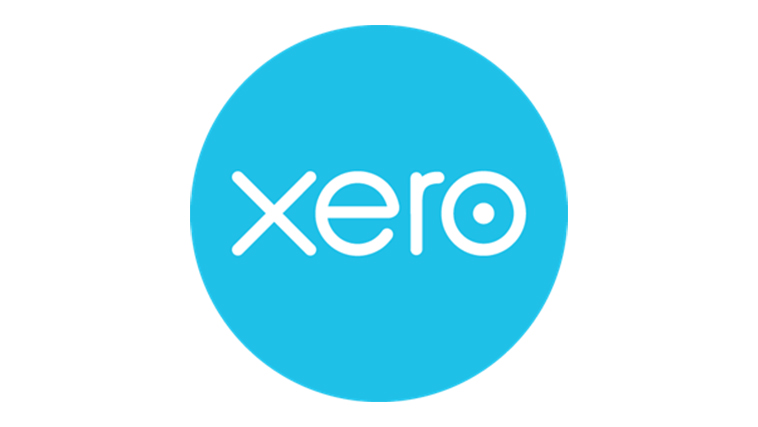
One of the most important parts of running any business is keeping careful control over your finances. You need to have crystal clear financial records from day one, and you need to make sure you know how to use these financial records to make the right decisions for your business. This involves two processes: bookkeeping and accounting.
While bookkeeping and accounting are often confused as the same thing, they are both very different tasks. Both are critical for the healthy functioning of any business, and both require unique skills and sets of knowledge. This guide will break down the key differences between each process.
What is the Difference Between Bookkeeping and Accounting?
Bookkeeping and accounting are very similar, but different, roles in managing a business’s finances. Bookkeeping is the process of recording all of your financial information and keeping it organized. This can involve managing payroll, controlling invoicing and receipts, and recording any business transactions. Bookkeeping is simply a matter of keeping all of your financial information well organised.
Bookkeeping is a daily task in any business. One of the most important functions of bookkeeping is maintaining a general ledger and keeping it up to date. The general ledger is a document that outlines all of the sales and expense receipts of a business.
Accounting goes deeper into this financial data and helps to make sense of finances. This involves tasks like managing tax returns, budgeting, creating financial reports based on periods, and keeping an eye on business performance. Accounting is a more subjective process. One of the most important parts of accounting is managing financial reports which help to drive business decisions. This helps business owners understand their cash flow and profitability. Accounting takes this information from the general ledger and turns it into insights about how the business is performing.
So, bookkeeping is more of an administrative process while accounting is more focused on understanding the financial health of a business based on the bookkeeping records.
Which is Better: Bookkeeping or Accounting?
Bookkeeping and accounting are both vital processes in running a business. While they are different, they also both rely on each other. You cannot have accounting without bookkeeping, and there’s not much point in bookkeeping if you aren’t going to do accounting. Bookkeeping is seen as the basis of accounting. It’s all about maintaining an accurate financial record of a business. This is needed for filing tax returns, attracting investors, making investment decisions, and getting an overview of business performance.
Accounting takes bookkeeping records a step further, analysing the information provided by bookkeepers. This is done to run audits on the business, forecast future business needs, prepare reports for taxes, and generate financial statements. Neither one is “better” as they are both critical functions for any healthy business.
What is the Difference Between a Bookkeeper and an Accounting Clerk?
A bookkeeper’s role is to record all financial transactions and keep accurate records of this. An accounting clerk takes this bookkeeping information and uses it to help businesses better understand their financial picture.
In many cases, small business owners act as bookkeepers. You don’t necessarily need to have specific accounting knowledge to perform accurate bookkeeping – it’s more just a matter of being well organized and carefully recording all financial transactions.
The bookkeeper is also in charge of managing all of the main financial processes within a business. This includes tasks like organizing accounts, preparing invoices, recording debits and credits, and making business purchases. An accounting clerk has a more specialised set of knowledge. Their tasks involve things like calculating interest charges, producing financial statements, posting updates to transactions, coding documents, and more.
Larger businesses will have their own accounting team, while small businesses often outsource accountants. In some cases, accountants will also perform certain bookkeeping tasks. Using the right accounting software is important, as this makes it a lot easier for business owners to keep their finances organsed and perform basic accounting tasks themselves.
Understanding the difference between bookkeeping and accounting is necessary for carefully managing any business’s finances. Both processes work closely together, and you can’t have one without the other. Organised financial records are essential for a successful business, as is having a carefully planned financial strategy. Getting this right requires both bookkeeping and accounting to work together. When managed properly, both processes will contribute to the sustained success of the business.
SEE ALSO: TOP ACCOUNTING SOFTWARE FOR SMALL BUSINESSES IN SOUTH AFRICA









